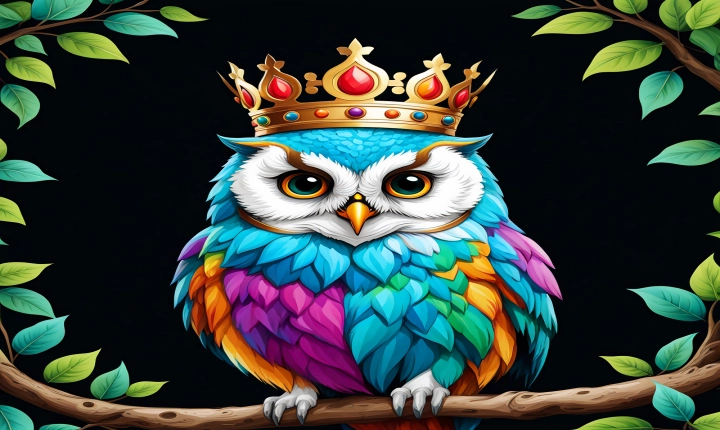Title: Can ChatGPT Sing? Exploring the Capabilities of AI Songwriting
Introduction
Artificial intelligence and machine learning have rapidly advanced in recent years, providing capabilities that were once thought to be solely in the realm of human creativity. One such area of exploration has been AI songwriting, with platforms like OpenAI’s ChatGPT being used to create original lyrics and melodies. In this article, we’ll explore the question of whether ChatGPT can actually sing, the challenges and opportunities it presents, and the ethical implications of AI-generated music.
The Capabilities
ChatGPT, a language generation model developed by OpenAI, has been trained on a diverse range of text data, allowing it to generate human-like responses to text prompts. This includes the ability to write song lyrics, compose melodies, and even emulate the style of different musicians. While ChatGPT itself cannot physically sing, it can generate lyrics and melodies that can be performed by human singers or synthesized using music production software.
The Challenges
One of the main challenges of AI-generated music is ensuring that the output is original and not simply a regurgitation of existing songs or styles. Additionally, there is the challenge of creating music that resonates emotionally with listeners, as this is a complex task that often relies on human experiences and emotions.
Another challenge is the potential for AI-generated music to replace human musicians and songwriters, leading to concerns about the impact on the music industry and the livelihoods of artists. These concerns raise important questions about the ethical use of AI in creative industries.
The Opportunities
Despite the challenges, AI songwriting presents a number of opportunities. For example, it allows for rapid generation and exploration of different musical ideas, potentially leading to the discovery of new genres and styles. It also provides accessibility to aspiring musicians and songwriters who may not have formal training or the resources to collaborate with others.
Additionally, AI-generated music can be used in a variety of applications, such as background music in films and video games, advertising jingles, and personalized music recommendations based on individual preferences.
Ethical Implications
The use of AI in music creation raises ethical considerations related to originality, copyright, and artistic expression. There are also concerns about the potential loss of human creativity and the devaluation of the work of human musicians. Furthermore, biases embedded in the training data of AI models can manifest in the generated music, raising questions about diversity and representation in the music industry.
Conclusion
While ChatGPT and other AI models are capable of generating song lyrics and melodies, the ability to truly “sing” remains a human trait. Nonetheless, AI songwriting presents a myriad of possibilities and challenges that warrant careful consideration. As the technology continues to evolve, it will be important to address ethical concerns and ensure that AI-generated music complements, rather than replaces, human creativity in the music industry. Ultimately, the integration of AI in music creation should be guided by a commitment to fostering creativity, diversity, and ethical standards in the process.
